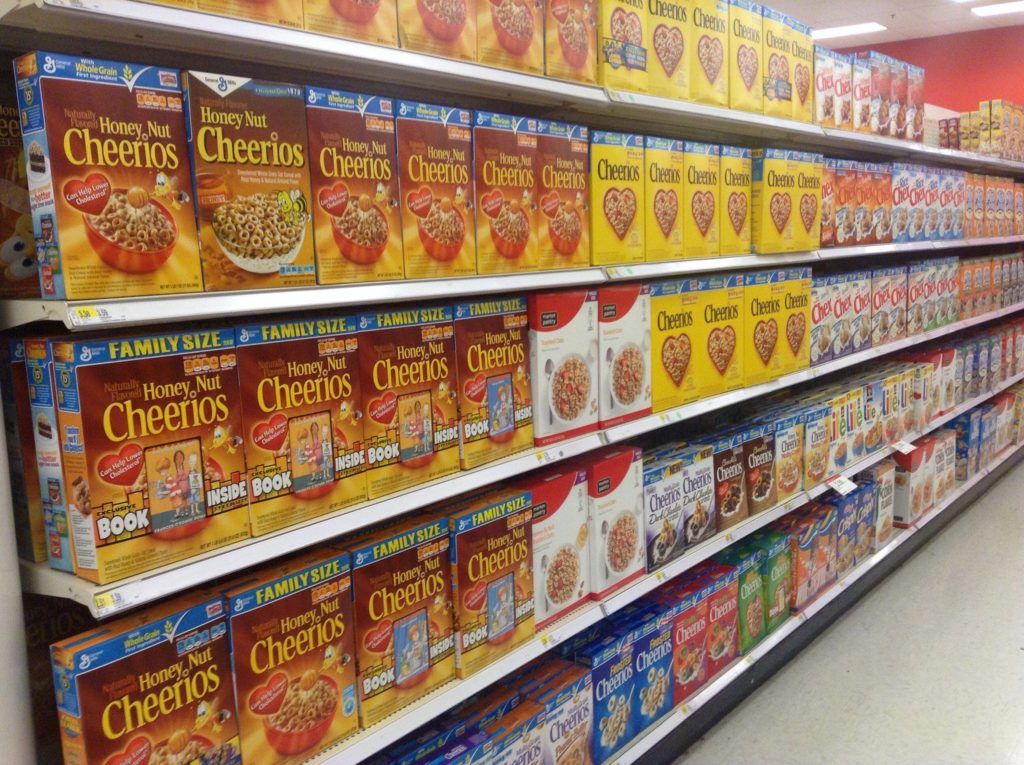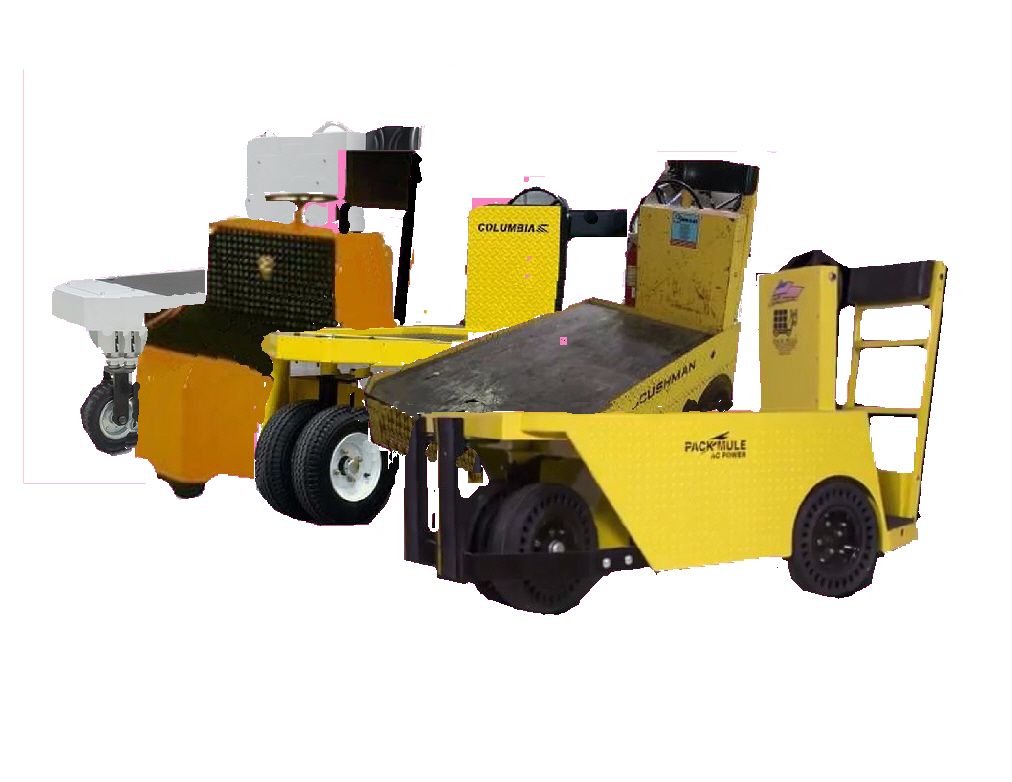
I must admit that I ingest, a cup of prepared breakfast cereal on my way to work every morning. I happen to like crisp rice. Just like Kellog discovered back when he invented precooked breakfast food back at the turn of the 19 century, breakfast is quick and easy to prepare. In my case I find that the solid food keeps the vitamins that I take from growling in my stomach. The generic Kroger and Walmart store brands of crisp rice look and taste identical to the national brand and I buy them at a much lower price. I even suspect, in this age of contract manufacturing, the box contents could be identical. Having seen a research study where a group of rats fed the cereal boxes were better nourished than the control group fed the cereal, I have begun to think that I might be eating the wrong item. The box contents may be bio-degradable packing peanuts. Still looking for a study to help me determine whether store brand cereal boxes are more nutritious than national brand boxes. The item I know for sure is that the profit margins in boxed prepared breakfast cereals have attracted a whole lot of “me too” competition .
.
If a century of competition has created a boatload of “me too” breakfast cereal offerings, all of recorded human history has spawned a tsunami in the wine category. We see most of these offerings in bottles even though wine skins began the parade at the dawn of time. Just looking at the bottle is not enough to determine whether it contains the fermented sugar water favored by the locals here in the south or more sophisticated beverages fit to drink. I really should not complain about local taste because it results in affordable table wine being available in the grocery store. This dizzying array of offerings has created a whole industry of “experts” who recommend which of the products to buy based on who is funding their effort. As consumers we mostly base our buying decision on our previous purchases. We expect that the repeat purchase will taste the same as before. Certain wine producers and consumers choose not to follow this strategy and usually are having a “bad” year. (The bad tasting product is targeted for export)
As we contemplate how the free enterprise system actually works, we realize that “me too” applies to just about every category of item that we purchase. The market needs are expressed as a profit that attracts “me too” producers. In most cases the alternate products are slightly different such that the purchasers must determine which of the offerings best suits their needs. An example is the electric industrial utility vehicle segment. Technology advances in power transistors, hall effect sensors and computer control change the pecking order in the segment. The buyers in every marketplace vote with their feet. As is normally the case, the lagging players in the marketplace will rush to claim “me too” as they scramble to implement the popular new Pack Mule features. We are not sure when this will happen because a couple of the major players in this segment are currently digesting new ownership.

